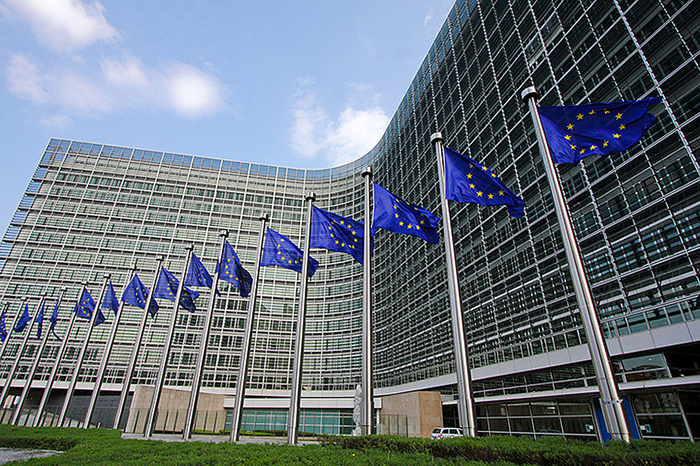Analyses / Defence, Strategy, Armament
24 October 2025
Defence: Has the European Commission Lost a Battle to the Member States?

The European Council of 23 October 2025, like previous summits, saw the EU Member States reaffirm their determination to strengthen their defence capabilities in response to the Russian threat and growing uncertainty over the United States’ commitment to Europe’s security. Yet the major new development—largely overlooked—was that the roadmap for the Readiness 2030 Plan, presented by the European Commission on 16 October, was not approved. Instead, the Council called for a strengthening of the European Defence Agency’s (EDA) prerogatives. Intergovernmental: 1, Community: 0. That is the score of the latest match played out in Brussels.
More precisely, the European Commission had presented four priority capability initiatives: the European Drone Defence Initiative, Eastern Flank Watch, European Air Shield, and European Space Shield. Although these flagship projects were to be led by the Member States, the European Council did not endorse them. Its conclusions merely noted the presentation by the Commission and the High Representative of the Readiness 2030 roadmap. While the Council underlined the threats to the eastern flank, the need to strengthen anti-drone and air defence capacities, and the importance of accelerating the joint development of satellite capabilities, it avoided using the Commission’s terminology. It also stressed that the development, production, and joint procurement of equipment must take place with the support of the European Defence Agency—an intergovernmental body established in 2004 within the EU framework.
If there is indeed a contest between intergovernmental and community approaches in defence, one should nonetheless refrain from behaving like diehard fans loudly cheering for their favourite team—a common mistake—for several reasons.
Firstly, while defence clearly remains the prerogative of Member States rather than the European Commission, the EU budget has for several years financed defence research through the European Defence Fund and co-financed joint procurement initiatives, such as the European Defence Industry Reinforcement through Common Procurement Act (EDIRPA) and the forthcoming European Defence Investment Programme (EDIP). France, which advocates for increasing the EU defence budget and for the creation of Eurobonds, would therefore be ill-advised to criticise the European Commission too harshly—especially when aligning itself with Germany, a country that firmly opposes any increase in the EU’s defence budget and seems to be moving towards a renationalisation of its defence policy, particularly in industrial matters.
Secondly, the legal fears surrounding the European Commission’s role are unfounded. The Commission’s defence initiatives always stem from requests made by the Council of the European Union, and the Council retains full authority to accept or reject them. The most recent Council meeting has just provided a clear demonstration of this, as the Commission’s Readiness 2030 roadmap was not adopted.
Lastly, since 2013, the European Commission has aligned itself with the objective of developing European strategic autonomy—an approach that France can only welcome. The Commission also embodies the Europeans’ collective aspiration to take greater responsibility for their own security in a united manner—an ambition that should not be underestimated in the face of both the Russian threat and the potential disengagement of the United States from Europe.
In reality, the European Commission has gradually gained importance in the defence field since the late 1990s, while respecting the boundaries set by the EU treaties—by proposing market regulations or by supporting the defence industry within its industrial policy remit. It is true, however, that the pace of initiatives—again, in response to the Council’s requests—has accelerated since the outbreak of the war in Ukraine. When it comes to the highly technical aspects of defining military capabilities, managing research and technology projects, shaping defence markets, or controlling arms exports, the Commission lacks the depth of expertise possessed by certain Member States such as France. This explains the irritation it often provokes—clearly visible with the four flagship projects in the 16 October roadmap—and the subsequent rejections of its proposals. Such refusals are legitimate, but they should not lead to the wholesale dismissal of the Commission’s role in defence.
We should not throw the baby out with the bathwater: Europe needs both its intergovernmental and its community legs. The European Defence Agency and the European Commission are both indispensable to building our collective security. What Europe needs in defence is a partnership—not a confrontation—between the intergovernmental and the community approaches.

